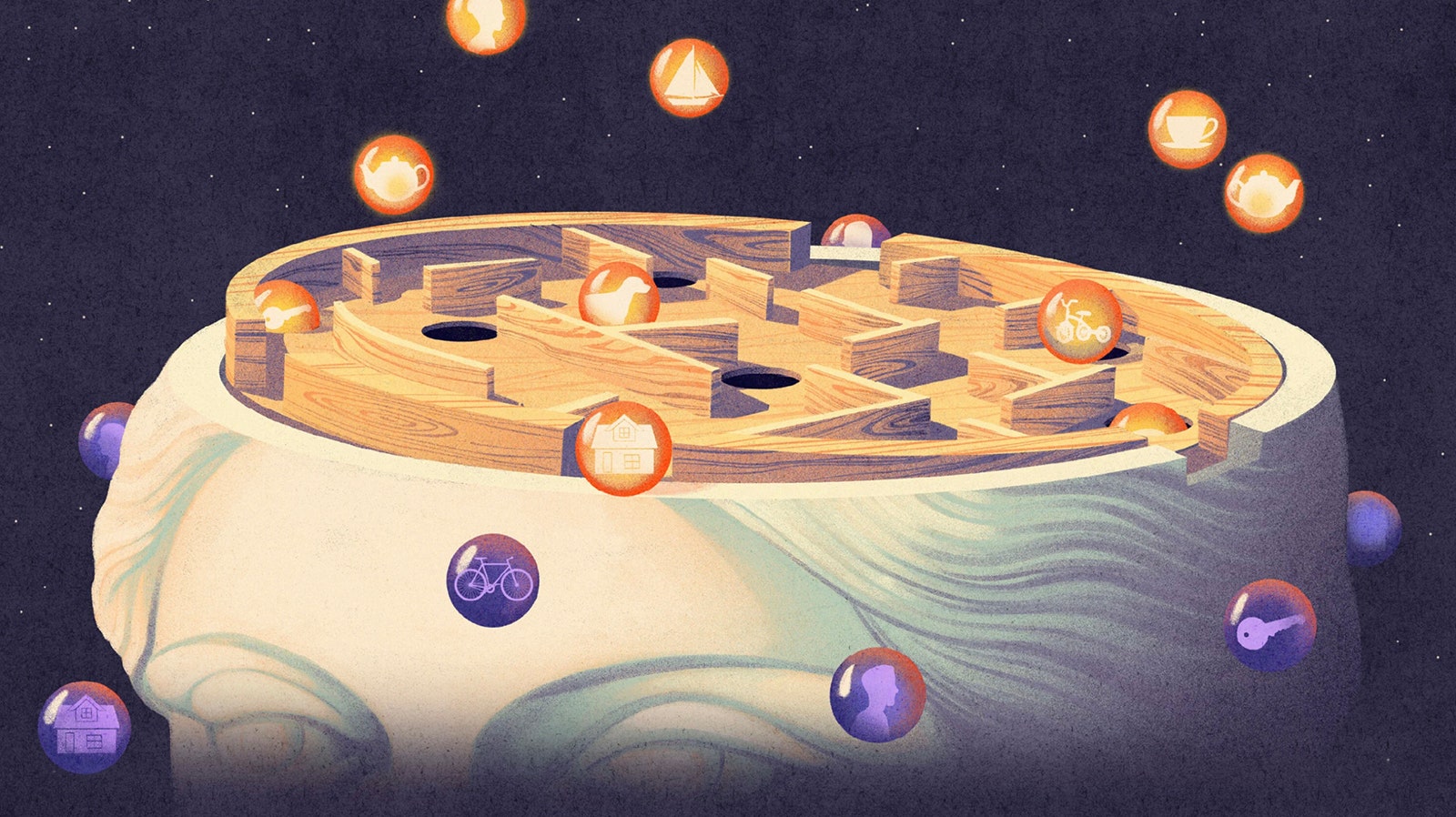
**New Research Illuminates the Prolonged Journey to Recovery from Anti-NMDAR Encephalitis**
Anti-NMDAR encephalitis, commonly known as the “brain on fire” illness, has attracted considerable focus over recent years due to its profound and frequently transformative effect on individuals. A recent longitudinal study published in *Neurology* provides significant insights into the enduring impact of the disorder and the extensive recovery durations that numerous patients encounter. This research, carried out by prominent scientists at Erasmus University Medical Center in the Netherlands, indicates that full recuperation from this autoimmune brain inflammation may require three years or more, with enduring cognitive and social effects for many.
### A Concerning Disorder Exposed
Anti-NMDAR encephalitis occurs when an individual’s immune system erroneously attacks N-methyl-D-aspartate (NMDAR) receptors in the brain, resulting in extensive inflammation and neurological impairment. The disorder chiefly affects young adults and may initially present with mild symptoms such as headaches, fatigue, and fever. However, these early manifestations can swiftly escalate into a range of severe neurological and psychiatric issues, including confusion, memory impairment, hallucinations, seizures, and disorganized thinking.
The intricate nature of the disorder’s symptoms often leads to misdiagnosis as a psychiatric condition like schizophrenia or bipolar disorder. Thus, prompt identification and suitable treatment are crucial to changing the recovery trajectory.
### Recovery: A Long-Distance Race
The recent study monitored 92 individuals diagnosed with anti-NMDAR encephalitis, employing various diagnostic instruments, including neurological evaluations and neuropsychological assessments. While most participants demonstrated swift improvement within the first six months following treatment, the journey to complete recovery turned out to be significantly longer than previously expected. Numerous recovery milestones—such as the restoration of cognitive sharpness and social functionality—extended well past the three-year threshold.
Among the significant findings of the study:
– **Cognitive Difficulties:** Even after three years from diagnosis, 34% of patients continued to struggle with cognitive deficits, and 65% scored below average in at least one cognitive area, particularly within memory and language skills.
– **Work and Education Challenges:** Roughly 30% of participants were unable to return to their previous educational or occupational positions, and an additional 18% needed accommodations to resume regular activities. Processing speed—the rate at which the brain takes in and responds to information—was a crucial factor influencing the ability to reintegrate into work or education.
– **Social and Emotional Aftereffects:** Many individuals reported challenges in social interactions, resulting from ongoing cognitive difficulties, personality changes, or emotional instability.
Dr. Maarten Titulaer, the senior author of the study, highlighted the far-reaching implications of the condition, especially for young adults who experience interruptions during critical educational and career phases. “Recognizing subtle cognitive, social, or emotional signs is essential, as this illness mainly impacts young adults,” he remarked. “The consequences on their education, employment, and social engagement can be profound.”
### The Necessity for Extended Support
This pioneering study challenges previous beliefs that recovery from anti-NMDAR encephalitis is relatively swift once treatment, such as immunotherapy or corticosteroids, begins. Instead, it emphasizes the urgent need for continuous monitoring and rehabilitation services. Developing a comprehensive recovery support system—including neuropsychological therapy, occupational aid, and mental health resources—is crucial for enhancing patients’ quality of life.
Furthermore, the research acts as a call for healthcare providers and caregivers to adopt a broader timeframe when assessing recovery. It also underscores the necessity for heightened public awareness to mitigate the stigmatization of individuals experiencing persistent cognitive or emotional challenges following recovery.
### Challenges and Limitations of the Research
While the research provides valuable insights, it is not devoid of limitations. The study concentrated on patients with less severe manifestations of the illness, excluding those under the age of 16 and individuals who did not survive the condition. These exclusions suggest that the findings may not completely reflect the wide range of recovery experiences. Further studies involving more varied patient demographics are essential to achieve a thorough understanding of recovery patterns.
### Optimism for the Future
Despite the challenges posed by a prolonged recovery, there is reason for hope. Progress in treatment approaches for autoimmune encephalitis, combined with improved diagnostic tools, is facilitating earlier detection and intervention. Moreover, the increasing body of research on long-term outcomes is creating pathways for targeted therapies that address ongoing cognitive issues and enhance overall quality of life for survivors.
Anti-NMDAR encephalitis is no longer a mysterious condition. With increased awareness, ongoing medical innovations, and comprehensive patient support, the prospects for successfully navigating the recovery process are improving. For those affected, the understanding that recovery is achievable, albeit gradual, brings a spark of hope as they endeavor to reclaim control of their lives.
—
**Glossary**
– **Anti-NMDAR ence…